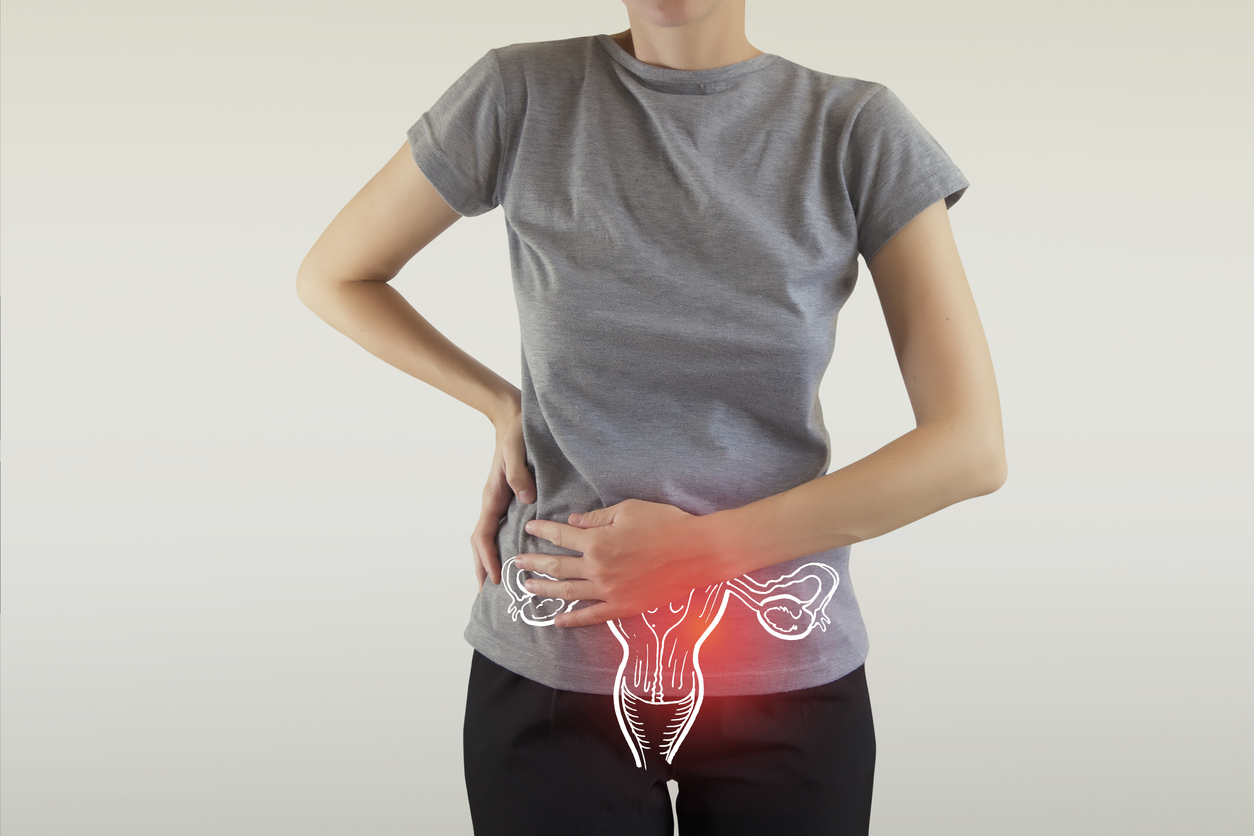
If you suffer from very heavy periods, have been diagnosed with uterine fibroids, suffer from chronic pelvic pain due to endometriosis, or have cancer of the ovaries, cervix, or endometrium, then your doctor may recommend that you undergo a hysterectomy. A hysterectomy is the removal of the uterus.
The good news is that a hysterectomy can now be performed via minimally invasive laparoscopy, which only requires a tiny incision via your belly button. An estimated 500,000 laparoscopic hysterectomies are performed each year in the United States.
A laparoscope is a very thin and flexible tube with a fiber-optic camera function at the end. The surgeon is guided in real-time by the images produced by the camera function, ensuring precision and procedural success. The smaller incisions result in a quicker recovery time and less healing required as compared to a traditional open hysterectomy.
What Happens in a Laparoscopic Hysterectomy?
A partial laparoscopic hysterectomy involves the removal of your uterus; a total hysterectomy also involves the removal of the cervix. During the procedure, you will be under general anesthesia.
Thanks to laparoscopic technology, the surgery results in less bleeding during the surgery, reduced discomfort during recovery, lower infection risk, and faster recovery. The minimally invasive nature of the surgery means it can be performed as an outpatient procedure. This operation can be completed within about two to three hours.
Why Do I Need a Hysterectomy?
Women who have uterine fibroids, abnormal uterine bleeding, endometriosis, severe pelvic pain, or ovarian cancer can all benefit from having a laparoscopic hysterectomy. These conditions can cause debilitating pain and/or severe bleeding that can affect a woman’s quality of life.
However, laparoscopic hysterectomy surgery is not suitable for all female patients who have severe pelvic issues. To find out whether this procedure is the right solution for you, talk with your physician. After the procedure, a woman will no longer have her period or be able to have a baby, so younger patients may wish to consider alternative methods if possible.
Additionally, if your ovaries are removed during the hysterectomy, you may experience some symptoms similar to menopause. This is because ovaries are important in releasing estrogen into a woman’s body, and the ovaries release much less estrogen after menopause – so without ovaries in the body, the effect will be similar.
Gynecological Surgery in Miami, Florida
At Levin’s Women’s Health & Wellness Center, we use the latest surgical techniques for our gynecological procedures. This way, you can reap the benefits – which include outpatient surgery, less pain, less blood loss, faster recovery, much smaller scars, and a greatly reduced risk of complications.
We understand how this is a very difficult time for you, which is why our compassionate gynecological team will make sure that you are comfortable and fully informed about your condition and treatments.
To schedule a consultation, contact our team at Levin’s Women’s Health & Wellness Center by calling us today at (305) 981-0231 or request an appointment online now. We look forward to seeing you here.
